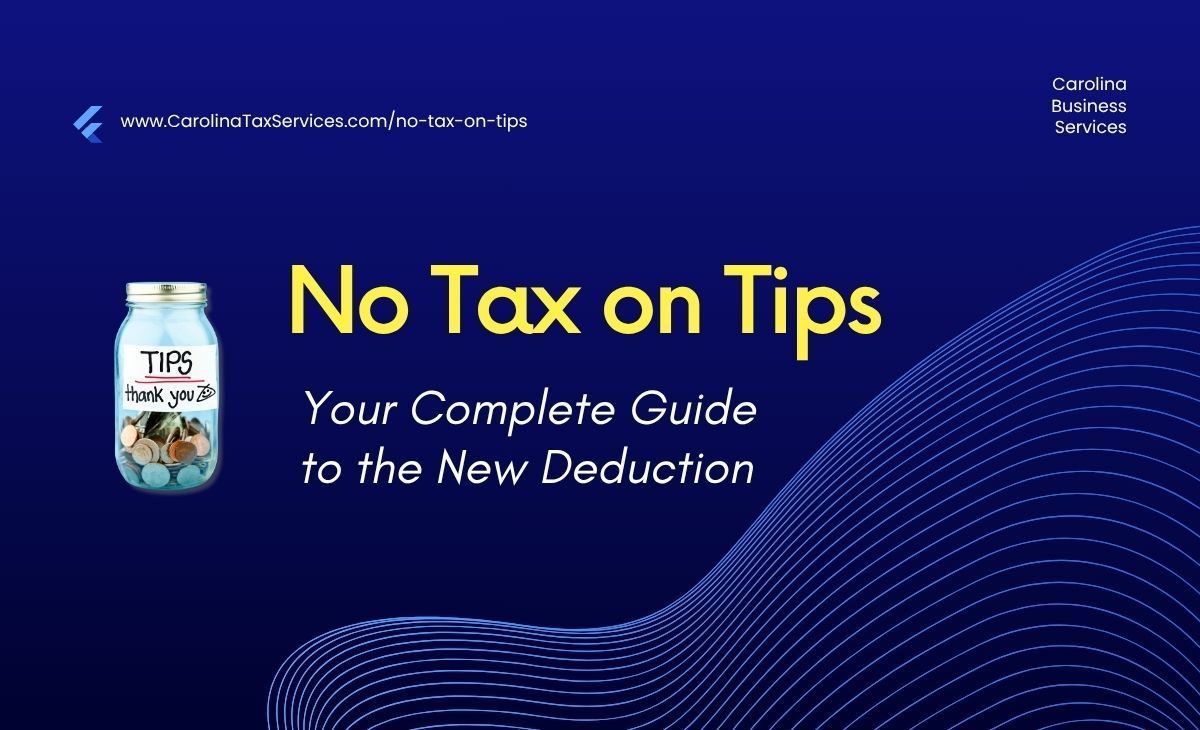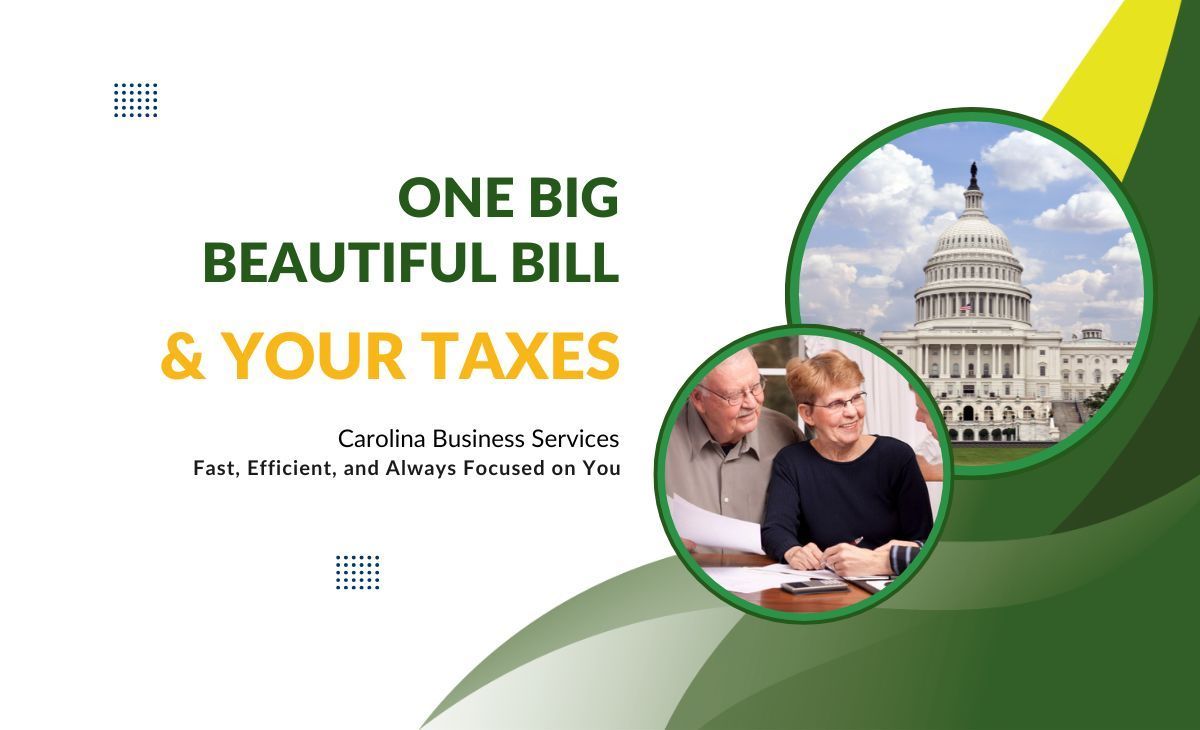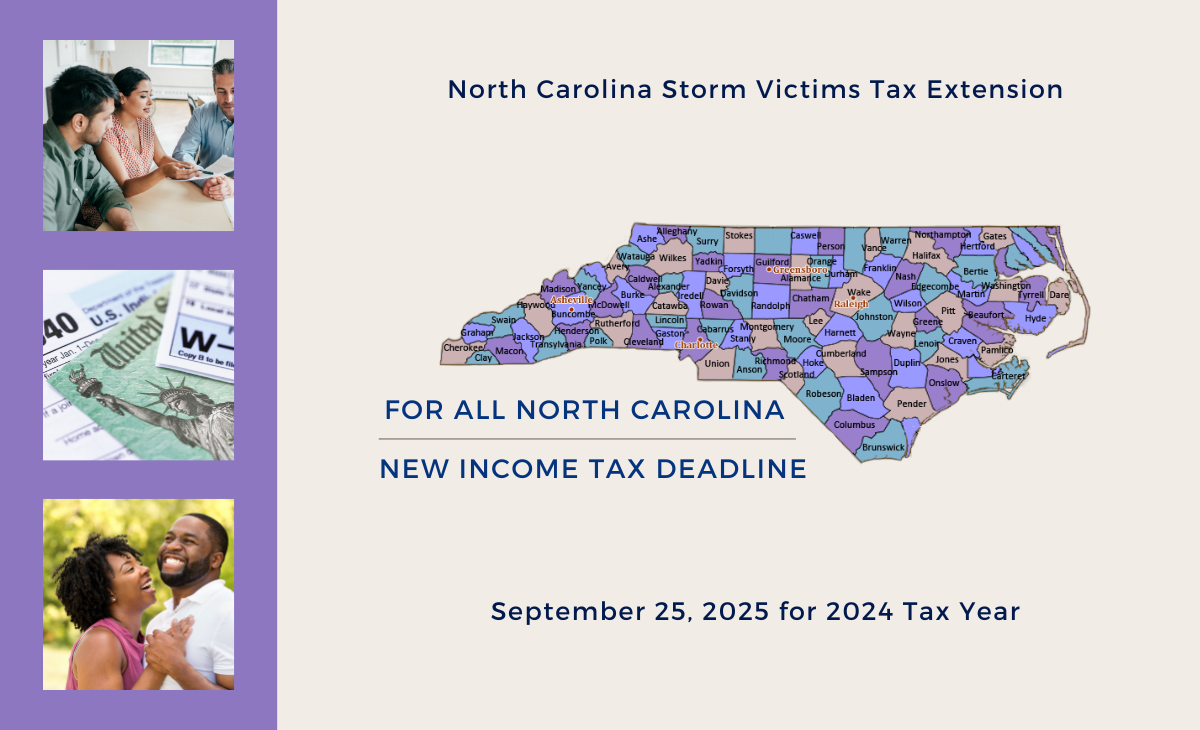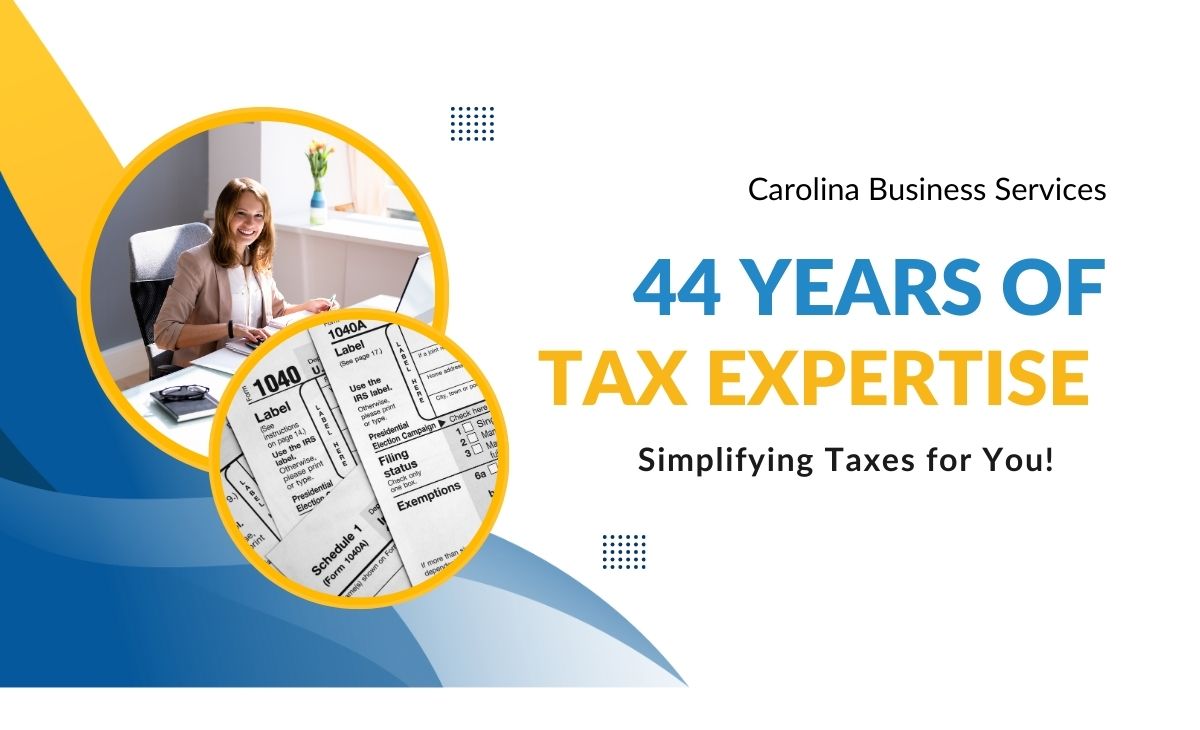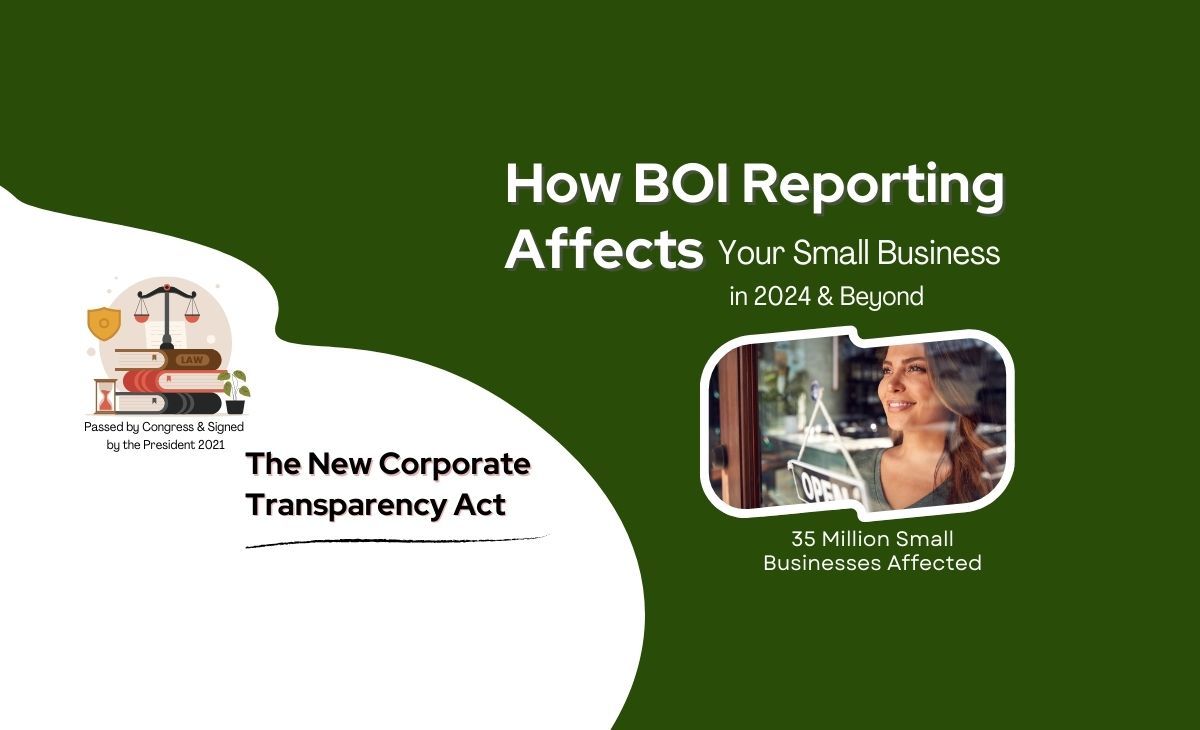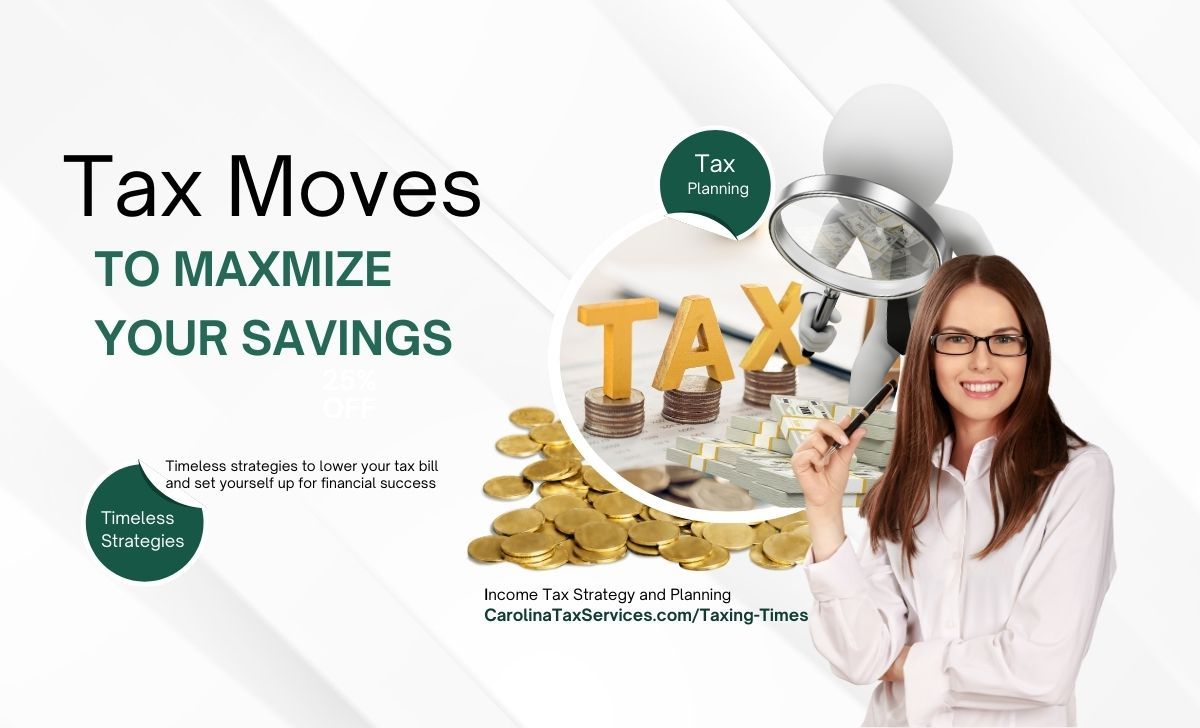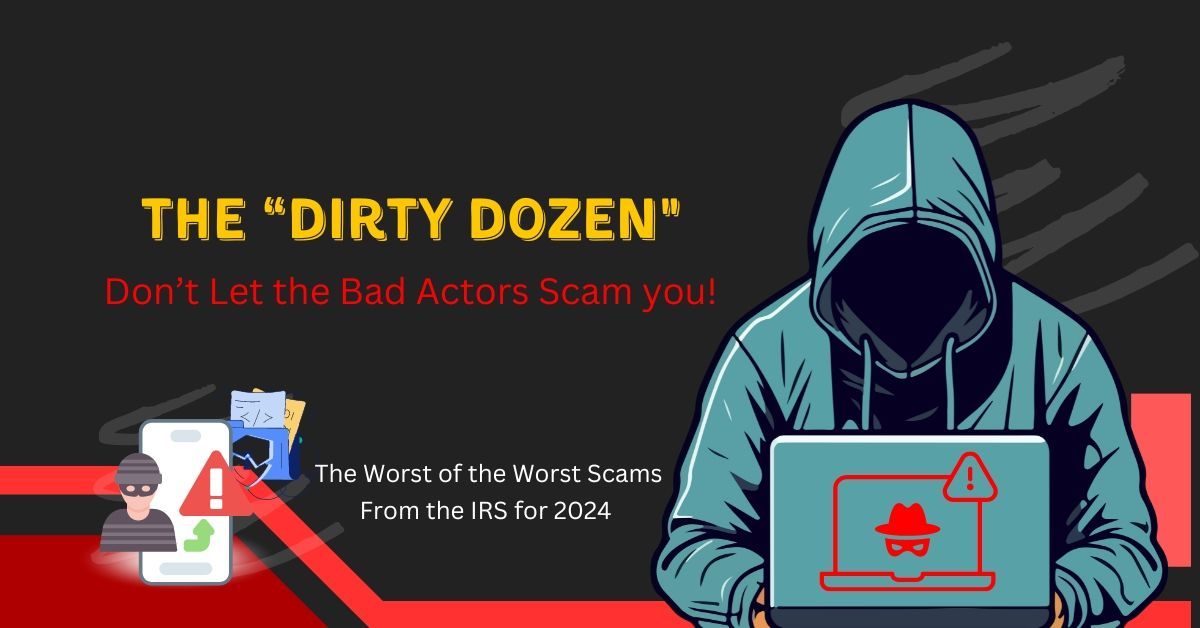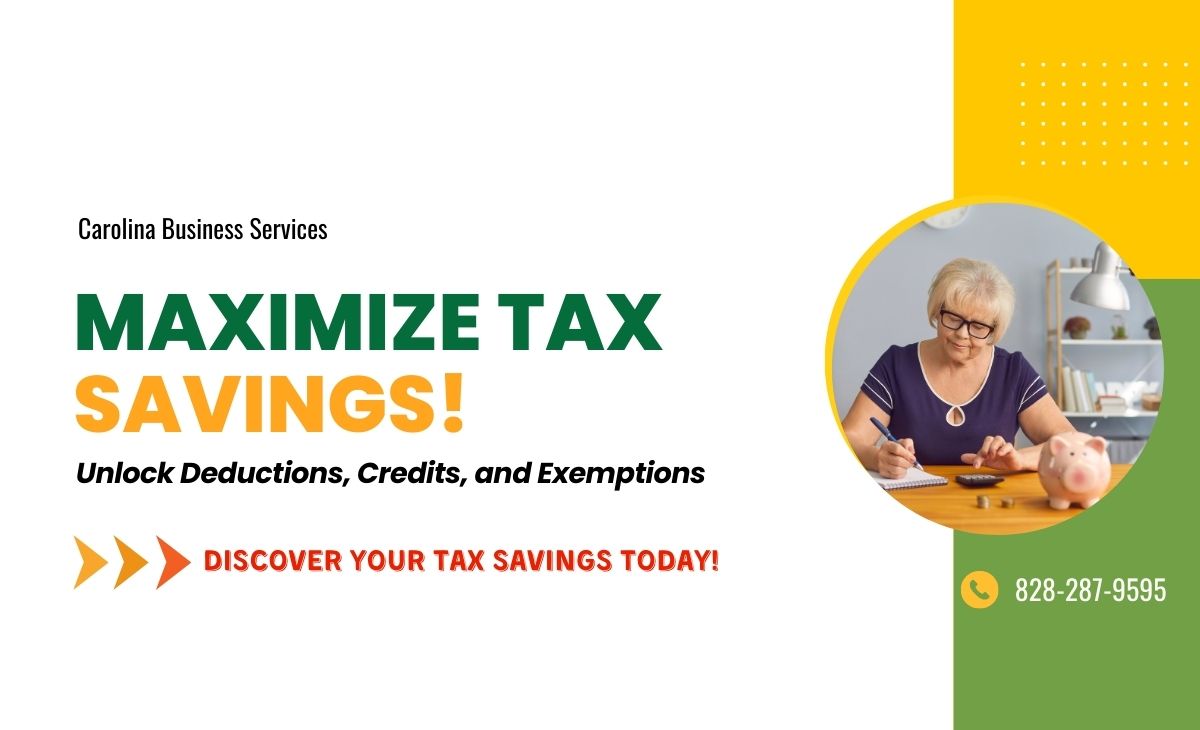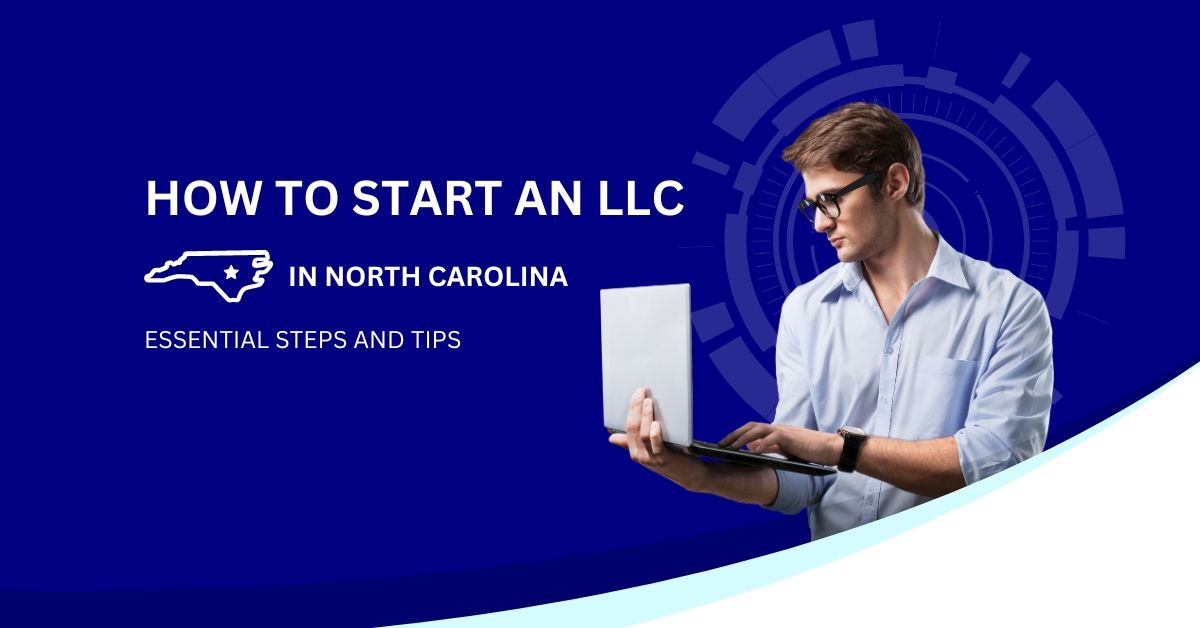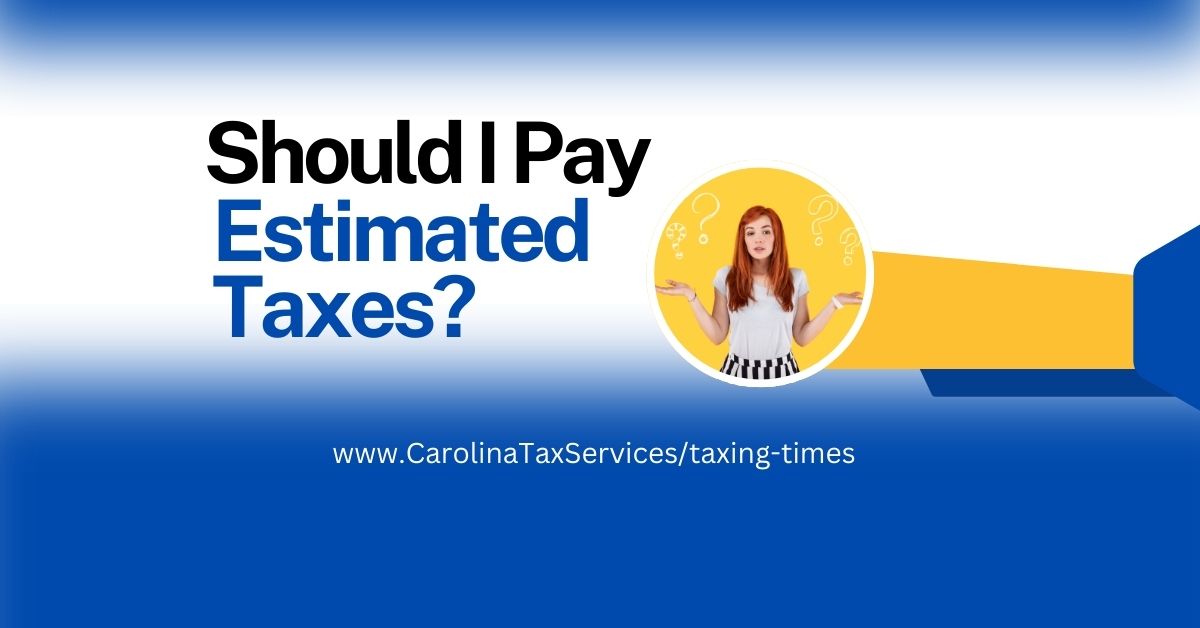Can’t Pay Your Taxes? Here’s How to Take Control
Can’t Pay Your Taxes?
Here’s What You Can Do!
Struggling to pay your taxes can feel overwhelming, but you’re not alone. Each year, thousands of taxpayers face this challenge, whether due to unexpected expenses, changes in income, or financial hardship. The good news? There are practical solutions available to help you reduce penalties, explore payment options, and regain control of your finances.

This article will guide you through manageable steps and IRS programs designed to ease the burden, so you can find relief and avoid further stress. Taking action now can help protect your financial future—let’s get started.
Your First Steps
When You Can’t Pay Your Tax Bill
If you’re unable to pay your taxes in full, don’t panic. The IRS offers programs to help, but one critical step can save you from further trouble: file your tax return on time. Filing, even without full payment, prevents the steep failure-to-file penalty, which is often much higher than the penalty for not paying your taxes in full. It also shows the IRS that you’re willing to address the situation, which can work in your favor.
Taking this step shows you’re proactive about resolving the issue. It’s a strong start toward regaining control of your finances and finding relief.
Once you’ve filed, take these immediate steps to reduce penalties and interest:
- Pay What You Can
Even a partial payment helps lower the penalties and interest that accrue on the remaining balance. Every dollar makes a difference. - Contact the IRS
The IRS provides resources and programs for taxpayers in tough situations. The IRS provides several ways to assist taxpayers facing financial hardship, including direct support and guidance through their contact page. Learn more about available options here.
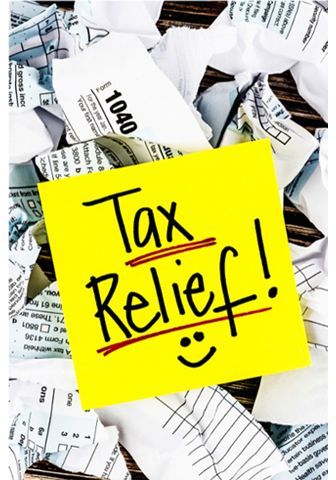
IRS Payment Options
for Unpaid Taxes
If you’re unable to pay your full tax bill, the IRS offers programs to help you manage your debt without creating unnecessary financial hardship. Here are some of the most common options:
- Short-Term Payment Plans
If you need a little extra time, you can request a short-term payment plan. This option is ideal if you can pay off your balance within a few months and want to avoid a formal agreement. - Installment Agreements
For larger amounts, an installment agreement allows you to break your debt into smaller monthly payments over time. This option makes repayment more manageable while avoiding aggressive collection actions. An installment agreement allows you to break down your payments into manageable amounts, making it easier to repay your tax debt over time. Find more details about installment agreements. - Offer in Compromise (OIC)
If paying the full amount would cause significant financial hardship, an Offer in Compromise lets you settle for less than what you owe. Eligibility depends on your financial situation and ability to pay. The Offer in Compromise program is designed to help taxpayers who cannot pay their full tax debt. If you qualify, you may be able to settle for less than what you owe. Explore eligibility and application details here. - Currently Not Collectible Status
If paying anything toward your tax bill would leave you unable to cover basic living expenses, you may qualify for Currently Not Collectible status. This temporarily halts IRS collection efforts, giving you breathing room to focus on essential needs. For taxpayers facing extreme financial hardship, the Taxpayer Advocate Service provides assistance in navigating IRS relief programs. Learn more about their support options.
How to Reduce IRS Penalties
on Unpaid Taxes
If you’re facing penalties for unpaid taxes, you may be eligible for relief in certain situations. The IRS offers options to help reduce or eliminate penalties if you qualify:
- First-Time Penalty Abatement
If you’ve always been on time with your tax filings and payments but find yourself in trouble for the first time, you may qualify for first-time penalty relief. This option is available to taxpayers with a clean compliance history. - Reasonable Cause Penalty Relief
If you couldn’t meet your tax obligations due to circumstances beyond your control—such as a medical emergency, natural disaster, or other hardship—you can request penalty relief. The IRS evaluates these requests case by case. Learn more about the criteria on the IRS Penalty Relief page.
Preventing Future Tax
Challenges
After resolving your current tax issues, it’s essential to plan ahead to prevent future challenges. A few proactive steps can help you stay on track:
- Adjust Your Tax Withholdings
Ensuring the correct amount is withheld from your paycheck is a simple yet effective way to avoid underpayment surprises. Use the IRS Tax Withholding Estimator to check your withholding and make adjustments if needed. - Stay Organized
Keeping accurate records of your income and expenses throughout the year helps you anticipate your tax obligations and avoid surprises. - Seek Professional Help
Taxes can be complex, and having an experienced tax professional on your side can make all the difference. For personalized guidance, consider reaching out to a trusted tax preparation service like Carolina Business Services.
Your Quick Tax Relief Checklist
Use this checklist to resolve your tax issues:
- File Your Tax Return
- Pay What You Can
- Reach Out to the IRS
- Look Into Relief Programs
- Plan Ahead for Next Year
A structured checklist can simplify tax preparation and help you stay organized throughout the year, minimizing surprises. Download the free Tax Planning Checklist PDF to ensure you’re on track.
Take Control of Your Taxes Today
Unpaid taxes can feel overwhelming, but you don’t have to face them alone. Taking action now helps you avoid further penalties, reduces financial stress, and sets you on the path to stability.
The key is to start with small, manageable steps. Whether it’s filing your tax return, making a partial payment, or exploring IRS relief programs, every action you take moves you closer to resolving the issue.
With the right approach, relief is within reach.

FAQ About Unpaid Taxes
Still have questions about unpaid taxes? You’re not alone. Here are answers to some of the most common concerns, so you can feel confident taking your next steps:
Can the IRS garnish my wages?
Yes, the IRS can garnish wages after repeated notices and failure to act. However, setting up a payment plan can stop this process. Acting quickly to communicate with the IRS is key to avoiding wage garnishment.
Can the IRS take money from my bank account? or Question
Yes, the IRS has the authority to levy your bank account, but this is typically a last resort. Exploring relief programs like installment agreements or Offers in Compromise can help you avoid this outcome.
Can I negotiate with the IRS on the amount I owe?
Yes, through the Offer in Compromise program, you may settle for less than the full amount owed if you meet certain eligibility requirements, including financial hardship. This program is designed to help taxpayers who cannot afford to pay their full tax debt.
How do penalties and interest add up on unpaid taxes?
The IRS charges a failure-to-file penalty, a failure-to-pay penalty, and daily compounding interest on unpaid taxes. Filing on time and paying as much as you can reduces these costs significantly.
How long does the IRS have to collect unpaid taxes?
The IRS generally has 10 years to collect tax debt from the date it is assessed. This time limit, known as the Collection Statute Expiration Date (CSED), can be extended in certain circumstances, such as if you file for bankruptcy or request an Offer in Compromise.
Will unpaid taxes affect my credit score?
The IRS does not report tax debt to credit bureaus. However, if a tax lien is filed against you, it becomes public record, which can indirectly impact your ability to secure loans or other credit.
Do I still need to pay if I’m unemployed?
Yes, tax debt remains payable even if you are unemployed. However, you may qualify for Currently Not Collectible status, which pauses collection efforts while you recover financially.
Can I file for bankruptcy to eliminate tax debt?
In some cases, yes. Tax debt may be discharged in bankruptcy if it meets strict criteria, including being assessed at least three years ago and filing all required returns on time. Consult with a tax professional or bankruptcy attorney for guidance.
Disclaimer: This article is for informational purposes only and does not constitute legal, tax, or financial advice. Please consult a qualified professional to address your specific needs and ensure compliance with applicable laws.



